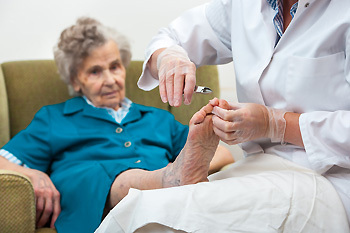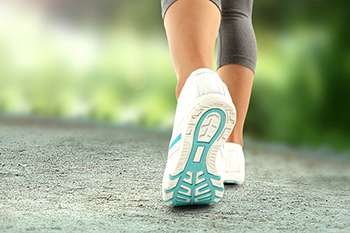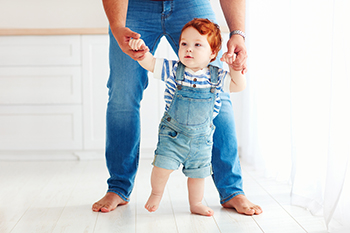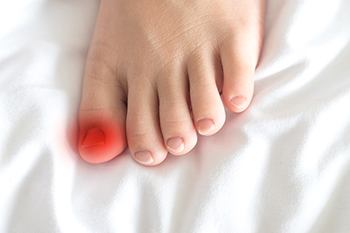
As people age and the skin loses its thickness and elasticity, it can become harder to take care of their feet. Because it gets harder to bend and inspect elderly feet, caregivers often assume the role of elderly foot care. This can be a daunting task if the one cared for is embarrassed that they cannot do this for themselves and resist help. The key things to look for regarding an older person’s feet are signs of infection, such as discolored nails, blisters, cracked skin, or bleeding sores and wounds. Clean and dry the feet thoroughly each day. Toenails should be kept at a short length to avoid breaking, snagging on clothing, or scratching the skin. Look for ingrown toenails or hangnails, moisturize the feet, and make sure the elderly person wears shoes that fit properly. Footwear should also provide adequate cushioning and support for the feet, and fasten securely. Socks should not be too tight. If circulation is an issue for an older person a warm foot bath might be employed to help with blood flow and relieve tired, achy feet. If infections or problems with an older person’s feet are noted, a quick response and contacting a podiatrist can prevent a foot health crisis. A podiatrist can properly diagnose, treat, and provide prevention tips on caring for elderly feet.
If you need your feet checked, contact one of our podiatrists of Foot Health Center of Merrimack Valley. Our doctors will attend to all of your foot and ankle needs and provide you with quality treatment.
Geriatrics and Podiatry
When people age, some common issues that may occur are bone density loss, dry skin, poor circulation, and rough brittle nails. These issues may also affect your foot health if the necessary steps are not taken to alleviate the problems.
It is important to take care of your feet because feet that are injured or diseased can affect your overall health. Having painful feet hinders your ability to do daily activities or may decrease your willingness to do the things that you need to do.
Visiting Your Geriatrician
As we age, health problems become more likely, so it is essential to visit your doctor for check-ups to ensure that you are doing the best you can to take care of your health. It is recommended to check your feet frequently for any possible cuts, bruises, swelling, corns or any other irregularities.
Taking Care of Elderly Feet
Cracked or dry feet can be treated by applying moisturizer often. It is also important not to wear old socks because the older the sock is, the higher the possibility there will be that there is bacteria there. Wear fresh socks and make sure they fit properly.
Proper foot health means that you can have a more active lifestyle and you will not be bogged down by pain. Foot health also leads to good circulation, which is paramount for overall health.
If you have any questions, please feel free to contact one of our offices located in North Andover, and Tewksbury, MA . We offer the newest diagnostic tools and technology to treat your foot and ankle needs.










